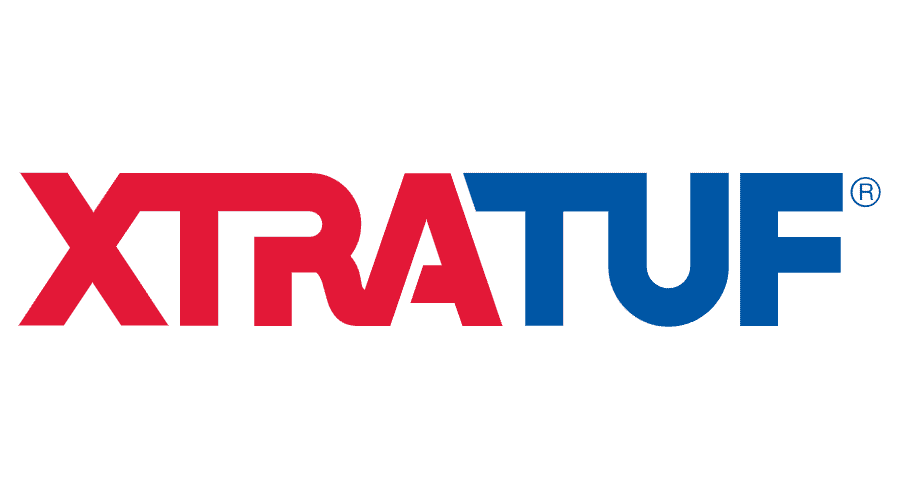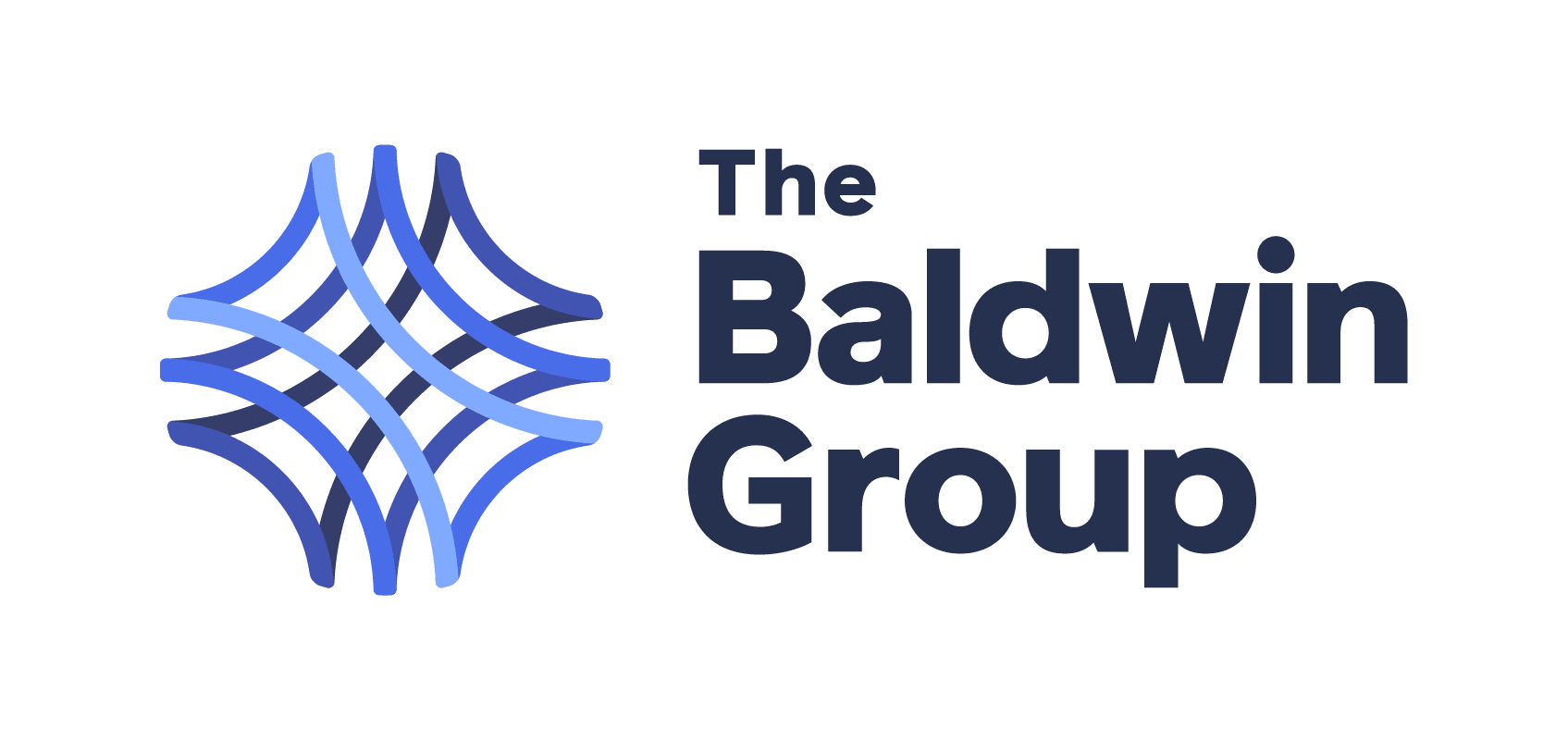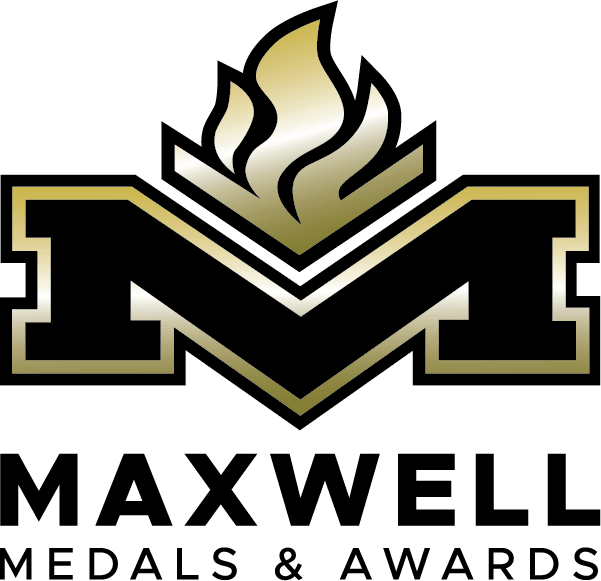May 26, 2022
Asian American and Pacific Islander Heritage Month: An Interview with Jasper Liu
Rowing in the United States should reflect the vast diversity of our country, celebrate various ethnic backgrounds, and be a place where all feel welcome. As we work hard to create opportunities, provide more access to our sport, and create belonging for all within rowing, we want to use our platform to create visibility and elevate unique voices.
In honor of Asian American and Pacific Island Heritage Month, you'll see social media takeovers, videos, and more from national team athlete and Diversity Equity and Inclusion Committee member, Jasper Liu. We hope you enjoy hearing from Jasper!
USRowing: Jasper, tell us a bit of background on yourself.
JL: I grew up in Phoenix, Ariz., and played every sport (except rowing) as a kid. I started rowing as a novice walk-on at Penn, and rowed for the Penn lightweights for four years, graduating in 2017. After graduating, I rowed for Penn AC, Vesper Boat Club, and now Texas Rowing Center. I made my first national team in 2019 and won the 2021 U.S. Olympic Team Trials – Rowing in the lightweight men's double sculls, but we fell short of qualifying internationally to go to Tokyo.
USRowing: Give us three fun facts you feel describe yourself.
JL: 1. I start off every morning the same way: coffee, PBJ toast, and the New York Times crossword puzzle.
2. I can't roll my Rs.
3. My favorite ice cream is Jeni's, specifically Blackout Chocolate Cake.
USRowing: May is Asian American and Pacific Islander Heritage Month. What does being an Asian American leader in rowing mean to you? Is there someone from this community who has influenced you or who has a story that is interesting to you?
JL: Without realizing it as I was growing up, my dad was definitely a huge role model for me. His parents emigrated from Taiwan in the 1950s, so he was second-generation Taiwanese American. Throughout his life, he was a phenomenal cyclist — he raced bikes (and won) up and down the east coast throughout college and medical school and might have been good enough to continue down the path of professional racing if he didn't go into medicine.
Throughout my childhood, then, I watched him dominate rides as the only Asian rider in the front pack, so I definitely subconsciously learned that I, too, had the potential to be a top-level athlete. I think that thanks to him, it never even crossed my mind that I didn't belong in sports or wouldn't be able to excel in something just because I look a certain way.
When I was at Penn, I also had the opportunity to row with some phenomenal athletes of all different backgrounds including three other Asian rowers in my class. As a walk-on, I was immediately welcomed, the team had a great culture, and that further cemented the idea for me that I had the potential and that I belonged.
In the past few years, I've had some younger athletes reach out to me saying that it's cool and inspiring for them to see an Asian rower at the elite level in the U.S. Just being able to provide that representation to others is a really humbling feeling.
I do hope that I can serve as a role model for future Asian American rowers. While I don't feel uncomfortable or unwelcome, I still look around at regattas and boathouses and notice if I'm the only non-white person there. I think that there are some great people putting in work to change that, and I hope that momentum continues to grow across the sport.
USRowing: What do you envision for the sport of rowing 10 years from now?
JL: Right now, when someone asks me how they can try rowing, I don't have a good answer for them. The only easy ways that someone can get into the sport are 1) through their high school or college, IF there is a team, and IF that team welcomes novices or 2) if they live in an area with a boat club that has a learn-to-row program. In 10 years, I hope that I can give an easy answer to anyone who asks me how to try out rowing.
I also hope to see the growth of club programs on the collegiate level and resurgence of novice/walk-on athletes in the top-level programs. Keeping the door open for more athletes to try rowing will go a long way to building our collegiate teams and our national teams.
USRowing: What advice would you have for young people who want to row at the elite level, like you?
JL: My advice to anyone in high school or college that wants to keep rowing is simple — make sure you're enjoying it. Not every workout has to be fun, but over the course of the season, it shouldn't feel like a drag to go train every day. In the end, training is simple — you have to row a lot. But if you're not getting satisfaction or enjoyment out of it, then it is a lot harder to train enough.
It's tough, because for athletes in high school, the pressure to get recruited to a good college makes kids train year-round, and many athletes are burnt out once they get to college. Instead, they could have been playing another sport or enjoying lives outside of rowing for part of the year. For those training year-round, making it sustainable is key.
Thanks to Jasper for being a leader in our sport on and off the water. Good luck at World Rowing Cup 2 in Poland!























